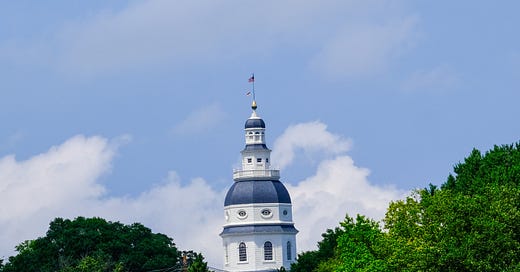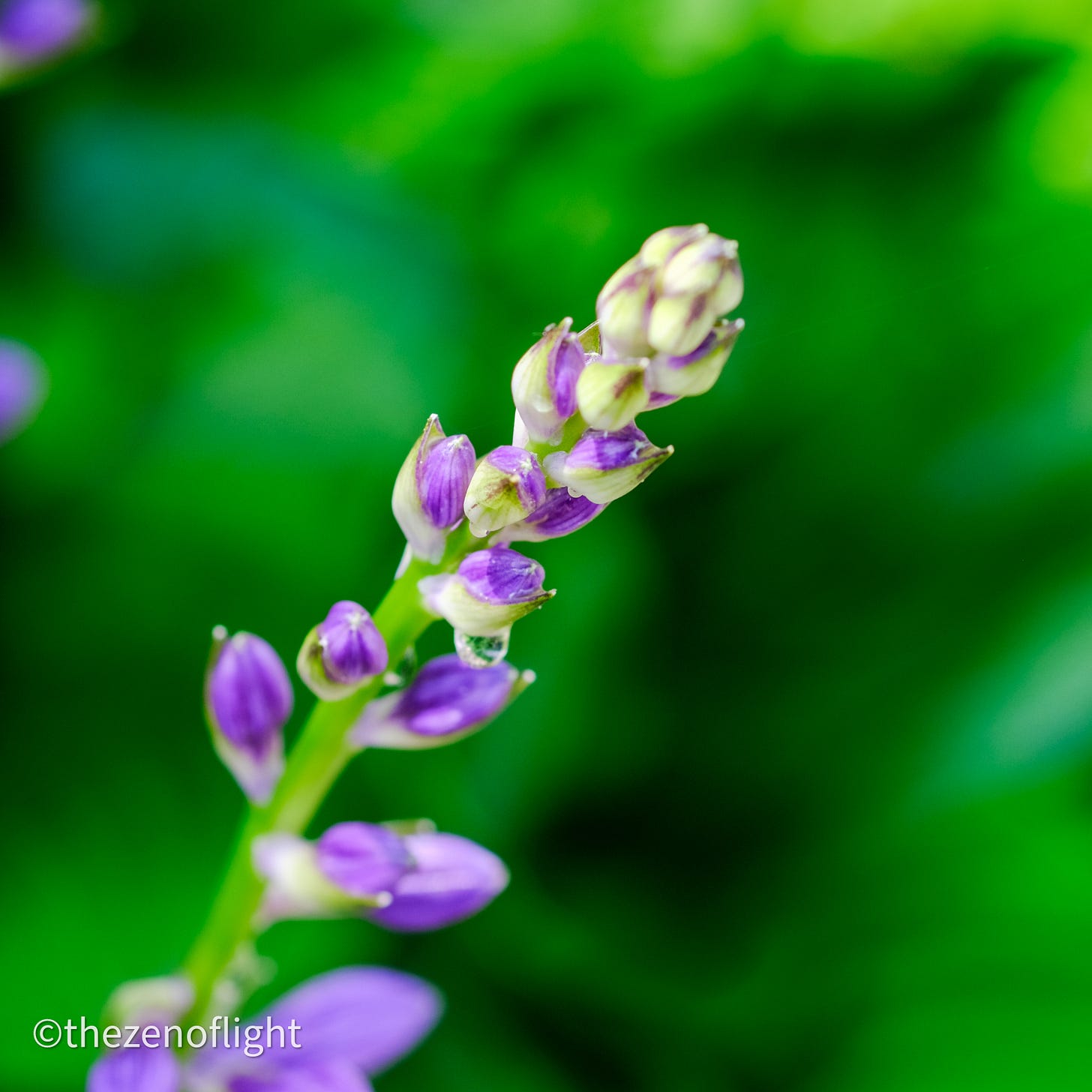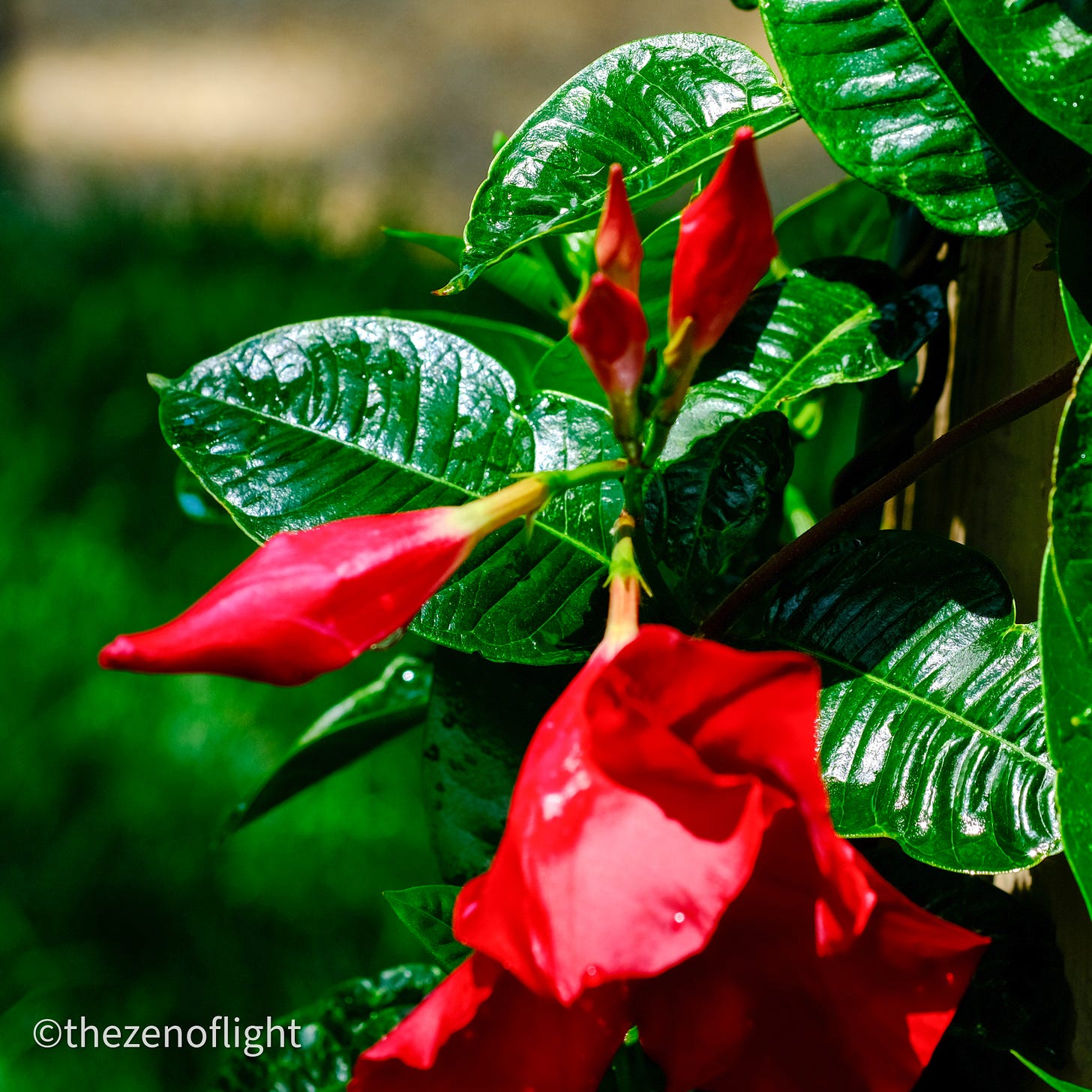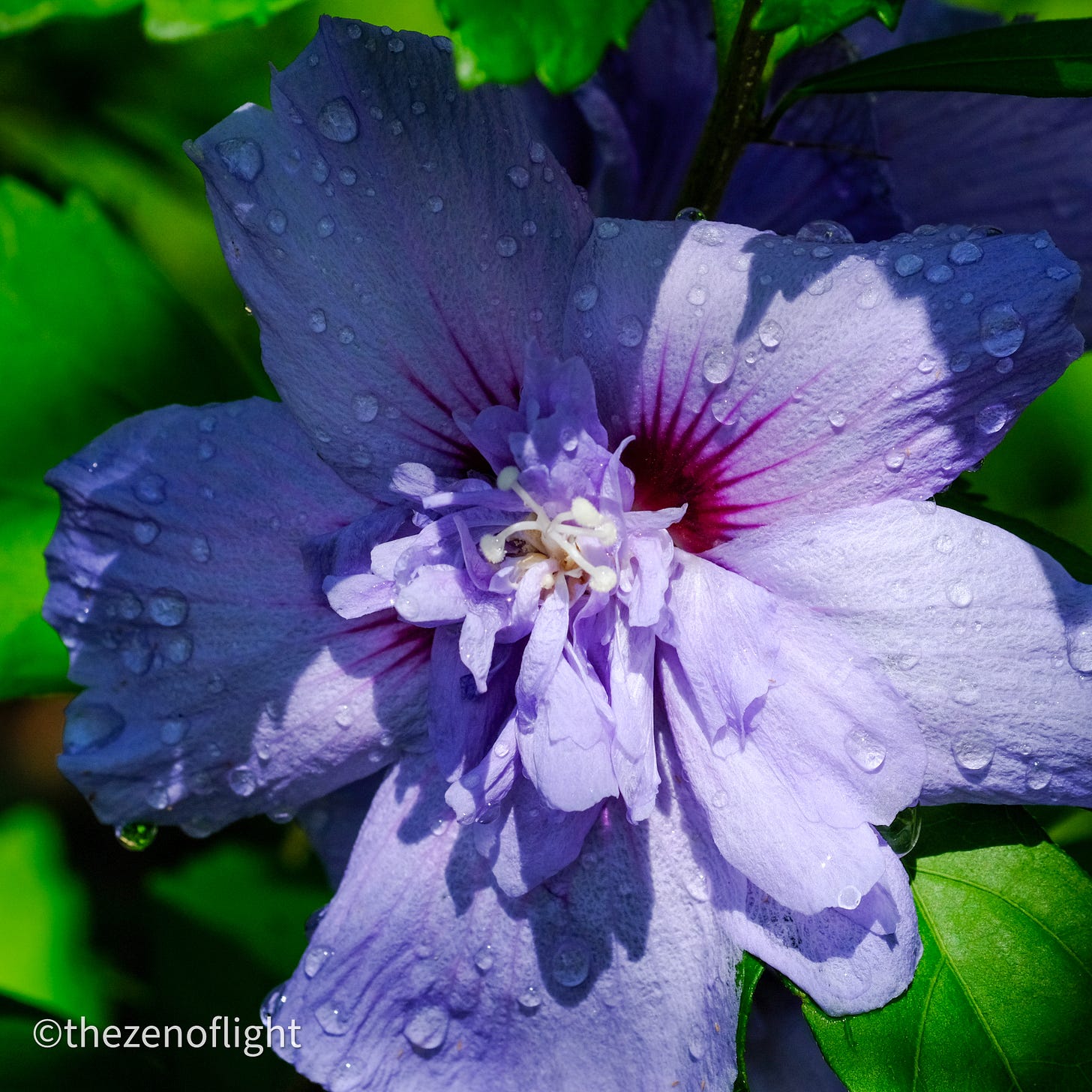As I have mentioned, we are in drought conditions in the heart of the Chesapeake, more than 12 inches below average rainfall. We have had four days straight of occasionally intense rain but have garnered a whopping .8 of an inch as of this morning. We did get a couple of downpours before 1 this afternoon but the below shot delights the boaters and walkers of now. Will it last?
The immediate forecast says the rain is over but….
Today we obviously see two huge questions unfolding. I had intended to consider the women’s political response a year after the Dobbs decision as it strikes me as one of the more important political implications of the past half century. Then the Russia news began dominating the thoughts of any of us who watch international affairs. Since Putin and potentially nuclear weapons are part of the second event, one ought ignore it only if seeking to be in a hole to the middle of the earth. Both of these things matter.
To remind everyone, Putin’s dictatorial hand looms over the largest landmass, the largest overall resevoir of energy and other natural resources, and an aging but still quite deadly nuclear arsenal amongst his deteriorating but large military. Like it or not, he controls those things as does whomever sits in the national leadership position where he has been for more than two decades. He is more distant from his people and even those bureaucrats who serve him as the harsh authoritarian controlling Russia. And that action has many consequences which we can conjure up.
We have also known for most of the past 16 months, as Putin threw his military repeated into Ukraine to ‘return it’ to Mother Russia, that he relies heavily on his former chef (it’s hard to make things up these days)-turned-mercenary commander Yevgeny Prigozhin who runs the paramilitary Wagner Group. As Putin became more reliant on Prigozhin’s soldiers because state-trained enlistees are proving so inept, Prigozhin increasingly began challenging Vlad. As invariably true with egomaniacal dictators globally, Putin responded by blaming others, to include the mercenaries and Prigozhin himself for many failures.
Prigozhin, accustomed to power and personal wealth, refused to become the fall man in Russia for a pitiful but deadly effort in neighbouring Ukraine. Friday evening reports indicated Prigozhin waged a coup by sending his forces, fresh from controlling the Russian city of Rostov-on-Don, towards Moscow. Russian sources and those few foreigners still operating within that country cited responses by Putin himself, his most recent (and apparently still current) military chief, and various other patsies aligned with the dictator.
Prigozhin stopped his move towards the Russian capital to prevent bloodshed.’ At 3 pm Eastern on Saturday, Putin appears to control the Kremlin and those loyal to him but doubts about how much public support he retains are growing. The problem is that Vlad’s links with any genuinely widespread public support ended years ago, certainly by 2011 when massive post-election protests indicated dissatisfaction with his ‘election’ to another term and the marginalisation of those demanding free and fair voting.
Putin refuses to acknowledge protests over voting, over his actions in seizing Crimea in 2014, and the extended Ukraine fiasco, among other things. If he retains the reins of power, he will likely pursue Prigozhin and his allies as the dictator has assassinated critics at home and abroad, encarcerated opponents from all segments of society, jailed foreigners, and menaced the world with talks of using nuclear arms.
The relevant question is whether we are looking at Vlad with a lens too short to understand what is really going on? Close up photography blurs the background to draw the eye to desred single focus, a phenomenon called bokeh. Are we too focused on Putin today to see the blurred reactions surrounding him? Are there any? What would it take for them to matter? With Wagner out of favour, how will that affect things in Russia? These will take a while to come into focus to continue the metaphor yet this matter desperately, for Wagner, for the Russians, for the Ukrainians, the poorly trained Russian conscripts, Europe, and the world.
Similarly, I was in a tiny Scottish town in Fife when my phone told me the Roberts Court issued the Dobbs decision a year ago today. Everyone on boths sides of the issue knew the likely outcome so it was not surprising. Yet it was shocking to read if one considered the implications, particularly as Justice Thomas indicated other similarly pro-women’s health decisions such as Griswald vr Connecticut (1965) which closed the door to state intervention in a couple’s decision on contraception would benefit from reappraisal.
Any choice on abortion is personal, painful, and lifelong. Make no mistake about that. Actions create consequences, many unconsidered by outsiders. But abortion is part of women’s health care rather than a stand alone phenomenon.
I am of the generation who knew the world of Roe v Wade even though I personally no longer would ever confront the choice of needing an abortion. More than thirty years ago, I suffered a miscarriage halfway through my first trimester of a years-desired pregnancy. Through my torrent of tears, doctors tried to assure me and my husband that fully a third of all pregnancies end with spontaneous abortions so there was nothing I could have done differently. At the time, those words futilely fell on my ears and broken heart as I had to wait hours in an emergency room until they could carry out the D&C that would physically close that pregnancy to assure my health for the future. I had no idea there were steps after a miscarriage nor how ignoring those steps could have undermined my health. Under Dobbs, I could have been denied the D&C depending on the state I lived in.
Women over the past year responded forcefully to the federal judiciary transferringing their health care to state legislatures rather than protecting it under a federal action. I am not arguing that every single woman demands access to the range of health care procedures protected prior to Dobbs: that would be a disingenuous and false. However, evidence direct and indirect is that the majority of citizens in the United States believe the range of health care options, including abortion, needs be accessible by women across the United States, protected by someone at some level. Polling information and mid-term elections show this preference.
Women and some men are furious about Dobbs on many levels: responsibility for pregnancy does not reside solely with women yet the effect of the Court’s decision is on women, health care expertise hardly exists in state legislatures (much less the Surpreme Court), and fear rises that the future will include greater limitations as the Court rolls back some of its decisions from the post-Franklin Roosevelt era.
The decision by Kansas voters in the late summer of 2022 to enshrine abortion rights in the state constitution shocked many conservatives but also illustrated the clarion call had sounded for many voters to reengage in politics rather than leave the matters of their lives in the hands of a minority. Fear of younger women—daughters, granddaughters, nieces, cousins, and colleagues— losing their rights motivated more senior women to get back into politics.
The 2022 mid-term elections further showed that women were angry and could organise. Once people become involved on health care issues, they also started rallying on other issues. As a result, it is difficult to argue that Dobbs was anything but the deciding issue which substantially undercut anticipated Republican gains in the House while allowing Democrats to retain the Senate, albeit in a similarly razor-thin majority.
How does the focus in women’s health care resulting from Dobbs relate to the Prigozhin actions in Russia? These topics both represent camera lenses still unclear focus unclear as to the final image. Will women turn out again in 2024 to oppose Republican restrictions? Will that lead to changes in state legislatures as occurred in Michigan? Can health care opponents bring more people to their cause? Will the 29 new women’s reproductive health care clinics continue growing across the nation or declining as occurred in more than a dozen states nationally which limited women’s health care dramatically?
These answers are not clear anymore than Vlad’s future in Russia. The debate, the mobilisation, the anger on all sides on both questions can play out in unanticipated permutations. In the women’s health care issues, the ballot box and democratic institutions ought be the foci while in Russia the personal politics are likely to play a far greater role. We are not likely to have the final image in focus for months, if not years, yet.
I don’t pretend to know how either question will play out. Will Putin abandon his Kremlin table forcably or retain the governing power? Will the motivation to provide fallback substitutions for health care after Dobbs or was it simply a temporary bump in a wearied electorate confronting a probable painful Trump-Biden rematch? Is the bokeh in the background, that blurring, something we ought be considering more thoroughly in each case?
I close tonight with colour after the dreary clouds which did grace us with some rain. Life is good.FIN








Yes, the action in Russia doesn't want to add up.
In the same way, across the nation abortions are up. Not in Mass, but other states. Why is that? For sure, as long as there are men and women there will be abortions.
Regards — Cliff